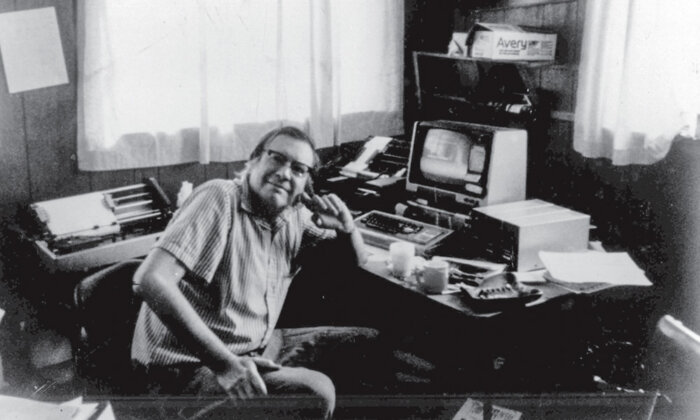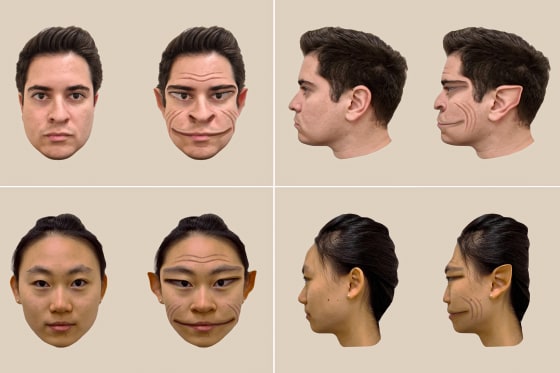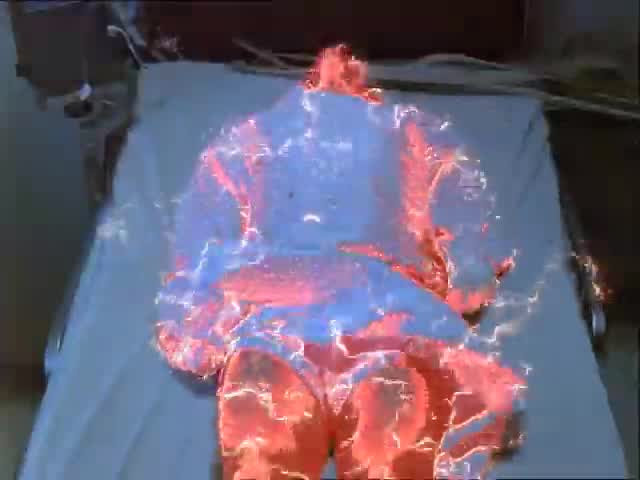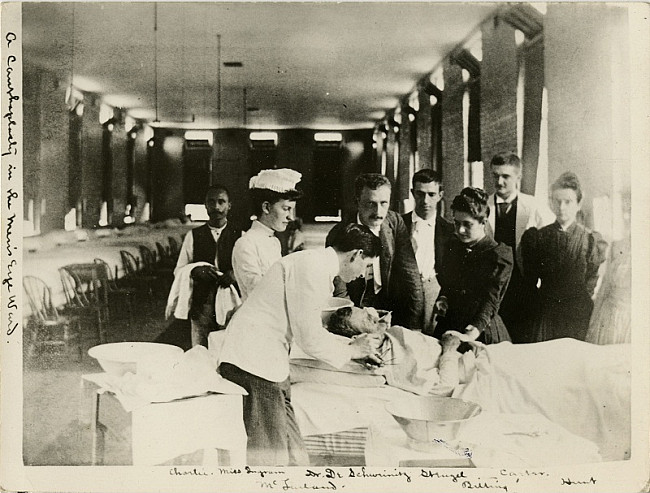The Philadelphia Experiment: Exploring Alleged Psychological Aftermath and the Enigma of Human Perception

The "Philadelphia Experiment," also known as Project Rainbow, remains one of the most enduring and controversial government conspiracy theories. It alleges that in 1943, the U.S. Navy conducted an experiment on the USS Eldridge that resulted in the ship becoming invisible, teleporting across vast distances, and, most disturbingly, causing severe psychological damage to its crew. While the Navy officially denies the experiment ever took place, the narrative persists, fueled by anecdotal accounts and fringe publications such as The Philadelphia Experiment by Moore and Berlitz. This article delves into the alleged psychological effects experienced by individuals claiming to be crew members, acknowledging upfront that these are unverifiable claims, not established facts, and exploring potential explanations for these reported experiences.
Recurring Themes in Alleged Crew Testimonies
Across the various accounts found in online forums and fringe publications dedicated to the Philadelphia Experiment, several recurring themes emerge concerning the psychological state of supposed crew members:
- Disorientation: A common complaint is a profound sense of disorientation, with individuals unable to determine their location, the date, or even their own identity. This disorientation is often described as lasting for extended periods after the alleged experiment.
- Hallucinations: Many accounts detail vivid and disturbing hallucinations, ranging from visual distortions to auditory experiences and tactile sensations. These hallucinations are frequently described as being intensely realistic and difficult to distinguish from reality.
- Altered Perceptions of Time and Space: Perhaps the most bizarre claims involve altered perceptions of time and space. Some individuals report experiencing time moving at different speeds, while others claim to have witnessed spatial distortions or even traveled through time.
- Derealization/Depersonalization: Feelings of derealization (the feeling that the world isn't real) and depersonalization (the feeling of being detached from one's body) are also frequently mentioned. These experiences contribute to a sense of profound unreality and detachment from the world.
It is crucial to remember that these are reported experiences and lack verifiable evidence. They could stem from a variety of sources, including misremembered events, suggestibility, and the power of belief.
Exploring the Psychological Impact: A Hypothetical Psychiatric Perspective
To gain a deeper understanding of these alleged psychological effects, we can turn to a hypothetical dialogue with Dr. Eleanor Vance, a psychiatrist specializing in trauma and dissociation.
Interviewer: Dr. Vance, based on these reported symptoms of disorientation, hallucinations, and derealization, what potential explanations come to mind?
Dr. Vance: Well, these symptoms are certainly consistent with several possibilities. First and foremost, they align with the effects of severe psychological trauma. Exposure to a highly stressful or life-threatening event can trigger dissociation, which manifests as derealization, depersonalization, and memory gaps. The reported disorientation could be a consequence of this dissociative state.
Interviewer: What about the hallucinations?
Dr. Vance: Hallucinations can be a symptom of severe trauma, particularly if the individual has a pre-existing vulnerability to mental illness. However, we also need to consider other explanations. Confabulation, the unintentional creation of false memories, is common after traumatic events. Suggestibility also plays a role; if someone is repeatedly exposed to a specific narrative, they may unconsciously incorporate elements of that narrative into their own memory.
Interviewer: Could misinformation contribute to these experiences?
Dr. Vance: Absolutely. The power of suggestion and the influence of misinformation are significant. If individuals believe they were part of a secret experiment involving time travel and invisibility, this belief can profoundly shape their perception of reality and lead to the development of symptoms consistent with that belief. It is a challenging situation, particularly given the lack of concrete evidence to support or refute these claims. We must also consider the possibility of malingering – consciously feigning symptoms – though this is less likely if the individual genuinely believes in their experiences.

Speculating on the Physics: A Theoretical Discussion
The Philadelphia Experiment narrative often incorporates concepts from advanced physics, such as spacetime manipulation and quantum entanglement. To explore the plausibility of such claims, we can engage in a hypothetical dialogue with Dr. Alistair Reed, a physicist familiar with these theories (but without any direct involvement with the alleged experiment).
Interviewer: Dr. Reed, could advanced physics concepts, like spacetime manipulation or quantum entanglement, conceivably lead to altered states of reality or perception if applied to a human subject? I understand this is purely speculative.
Dr. Reed: It's crucial to emphasize that we are venturing into highly theoretical territory here. While spacetime manipulation and quantum entanglement are legitimate areas of physics research, their potential application to human perception is almost entirely unknown.
Interviewer: But in theory?
Dr. Reed: In theory, if one were able to manipulate spacetime in a localized region, it might be possible to influence an individual's perception of time and space. Similarly, if quantum entanglement could be harnessed to create a direct link between two minds, it might lead to shared experiences or altered states of consciousness. However, the technological hurdles involved in achieving either of these scenarios are astronomical, far beyond our current capabilities, and, frankly, potentially physically impossible as we understand the laws of physics.
Interviewer: Could such manipulations induce hallucinations or feelings of derealization?
Dr. Reed: Again, we're speculating, but it's not entirely inconceivable. If an individual's sensory input were artificially altered or manipulated through spacetime distortions or quantum entanglement, it could potentially lead to hallucinations or a distorted sense of reality. But these are highly speculative scenarios with no empirical basis. Furthermore, the energy requirements for such manipulations would be immense, and the potential for unintended consequences would be extremely high.

The Enduring Mystery and Ethical Considerations
The Philadelphia Experiment remains an enigma. Despite numerous investigations and official denials, the narrative continues to capture the imagination of conspiracy theorists and those fascinated by the unknown. The lack of concrete evidence makes it impossible to definitively prove or disprove the claims.
However, regardless of the veracity of the Philadelphia Experiment, the allegations raise serious ethical concerns about the potential use of experimental technologies on human subjects. The notion of subjecting individuals to procedures that could induce psychological trauma, altered states of consciousness, or long-term mental health problems is deeply troubling.
The case of the Philadelphia Experiment, whether fact or fiction, serves as a reminder of the power of belief, the allure of government secrecy, and the enduring human fascination with the boundaries of science and perception. It highlights the importance of critical thinking, skepticism, and a commitment to protecting individuals from unethical research practices.

Conclusion
The Philadelphia Experiment and Project Rainbow Conspiracy may never have definitive proof to confirm or debunk the theories but it is interesting to study. The alleged psychological effects, ranging from disorientation and hallucinations to altered perceptions of time and space and feelings of derealization/depersonalization, offer a window into the complex interplay of human psychology, belief, and the enduring fascination with government secrecy. We cannot say with certainty if these claims hold merit, however, it opens dialogue on the possibilities and dangers of scientific experimentation.




